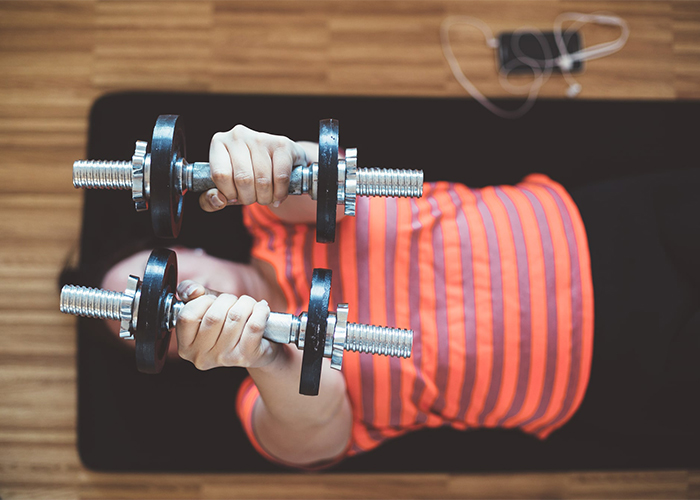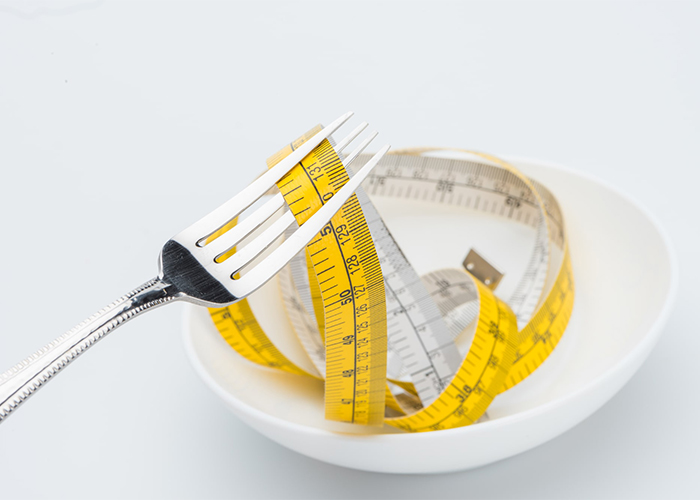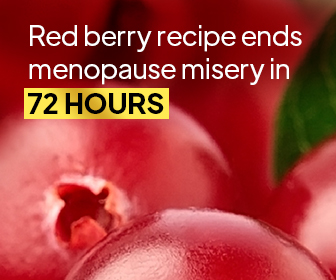If you’ve embarked on a new weight loss journey using the Keto diet, you might have one or two questions along the way. As most of us know, this diet shifts your body into a state known as ketosis, during which you may burn excess fat. But, how long does it take to get into ketosis and are there things you can do to help? There’s a lot of noise surrounding these questions, but we’re going to stick to the facts. Here’s what you need to know about entering into ketosis and how long it may take for you.
How Long Does it Take to Get Into Ketosis?

First of all, let’s talk about how to get into ketosis. The aim of the Keto diet is to force your body into the Ketogenic state. While that may sound complicated, it doesn’t have to be. Those following the diet have to reduce their carbohydrate intake to just 50g per day.[1] Your body usually uses carbs as fuel. However, once this fuel is low, your body undergoes a metabolic shift.[2] This state is known as ketosis and may help you to lose weight.[3]
Now that you understand what ketosis is, let’s deal with the main question at hand here: how long does it take to get into ketosis? The first thing you need to understand about this issue is that it can take a different amount of time for each person to reach the Ketogenic state.[4] A variety of factors – which we will soon look at – can affect how long it takes you as an individual after you have embarked on the diet plan. You can also keep your eye out for typical ketosis symptoms when you first start eating this way.
While there’s not one straight answer when it comes to the question, “how long does it take to get into ketosis?” we can look at the relevant research. Experts have also asked the question “how long does it take to get into ketosis?” There are also various studies into this area too. If you follow the plan and reduce your carb intake to 20-50g per day, the chances are that you can reach ketosis quickly.
Research published in the US National Library of Medicine suggests that dieters can reach ketosis within two to four days if they follow this method.[5] However, it’s worth noting that this is not a hard and fast rule–it depends on each person and their health.
What Factors Impact How Long Ketosis Takes?

Next up, let’s take a moment to look at some of the factors that may be affecting you here. The following things may be holding you back when following the plan.
- How much you exercise
Exercise is the foundation of any healthy lifestyle. When we talk about how to get into ketosis, you need to consider this aspect of your health. Working out means that you deplete your glycemic stores, which could help when getting into ketosis.[6] Adding some physical activity to your daily life could be the answer to this problem. - Previous diet plans
What did you typically eat before you started the Keto plan? If you had a high-carb diet, you may find that it takes you longer to enter the ketosis state. When we ask the question “how long does it take to get into ketosis,” we should remember that everyone is different. Before your body can enter this state, it must use up its glycemic stores.[7] People who eat a high level of carbs will likely have more stores than those who only eat low levels. - Your natural metabolism
When we’re thinking about how long to get into ketosis, we need to consider each person’s metabolism. The truth of the matter is that each of our metabolic rates will be different and this is largely determined by our genetics.[8] While you can use the keto diet plan to change your metabolic state, you may have a naturally slower metabolism. Don’t panic, this simply means you have to work harder to achieve your goals.
What Should I Do If I’m Struggling to Achieve it?

Are you struggling to enter ketosis? When you’re trying hard to follow a diet plan, it can be disheartening if it doesn’t work right away. If you’re struggling, here’s what you should do.
- Stick closely to the diet plan
Let’s not beat around the bush here — following the Keto diet is tough. If you’re new to the eating plan, you may struggle to follow the rules exactly. However, if you’re accidentally consuming more than 50g of carbs each day, you may find that you struggle to enter the Ketogenic state. Make sure that you are monitoring your intake on a daily basis. - Speak to a dietician
As the research shows, a variety of factors can play a role in determining how long it takes you to enter a ketosis state. If you are truly struggling to enter ketosis, one of the things you can try is to speak to a dietician. An expert will be able to help you design a plan that works for you as an individual and works with your physiology to help you enter the state. - Monitor your ketone levels
One of the simplest ways in which you can follow your progress is to continually monitor the ketone levels in your body. This is far easier than you might imagine. You can buy and use ketosis strips online and use them to check your levels on a regular basis. Keeping a close eye on your journey means that you can make adjustments to help you reach ketosis.
3 Expert Tips For Getting Into Ketosis

With a few lifestyle changes, you will be able to experience the benefits of ketosis. Here are some additional tips to help you shift your body into the Ketogenic state.
- Check your food labels
When you’re trying to reduce your carb intake, you may simply look for the obvious food sources, such as pasta, bread, and rice. However, there may be hidden carbs in all areas of your diet. For example, many sauces and condiments also contain carbohydrates. For that reason, you should always check the labels before you add them to your meals. That way, you can ensure that you consume no more than 50g of carbs each day. - Try to eat out less
Do you love hitting up a local restaurant for a special meal? While you’re following the Keto diet plan, you may want to curb this habit. The main issue here is that it’s hard to determine how much carbs each meal contains. Before you ask “how long does it take to get into ketosis?” make this small change to your lifestyle. - Try a short-term fast
Fasting could help you reach ketosis faster. Research suggests that short-term fasts help shift your body’s energy source from carbs to fat.[9] That could mean that your body enters ketosis more easily when you have fasted for some time. You may want to try a plan, such as intermittent fasting, to help this process take place. Why don’t you give it a go?

References
- [1] https://www.ncbi.nlm.nih.gov/books/NBK499830
- [2] https://www.ncbi.nlm.nih.gov/books/NBK499830
- [3] https://www.ncbi.nlm.nih.gov/books/NBK499830
- [4] https://www.ncbi.nlm.nih.gov/pmc/articles/PMC5987302
- [5] https://www.ncbi.nlm.nih.gov/pmc/articles/PMC5858534
- [6] https://www.ncbi.nlm.nih.gov/pmc/articles/PMC1193348/
- [7] https://www.ncbi.nlm.nih.gov/books/NBK499830/
- [8] https://www.health.harvard.edu/staying-healthy/the-truth-about-metabolism
- [9] https://www.ncbi.nlm.nih.gov/pmc/articles/PMC3753545/








